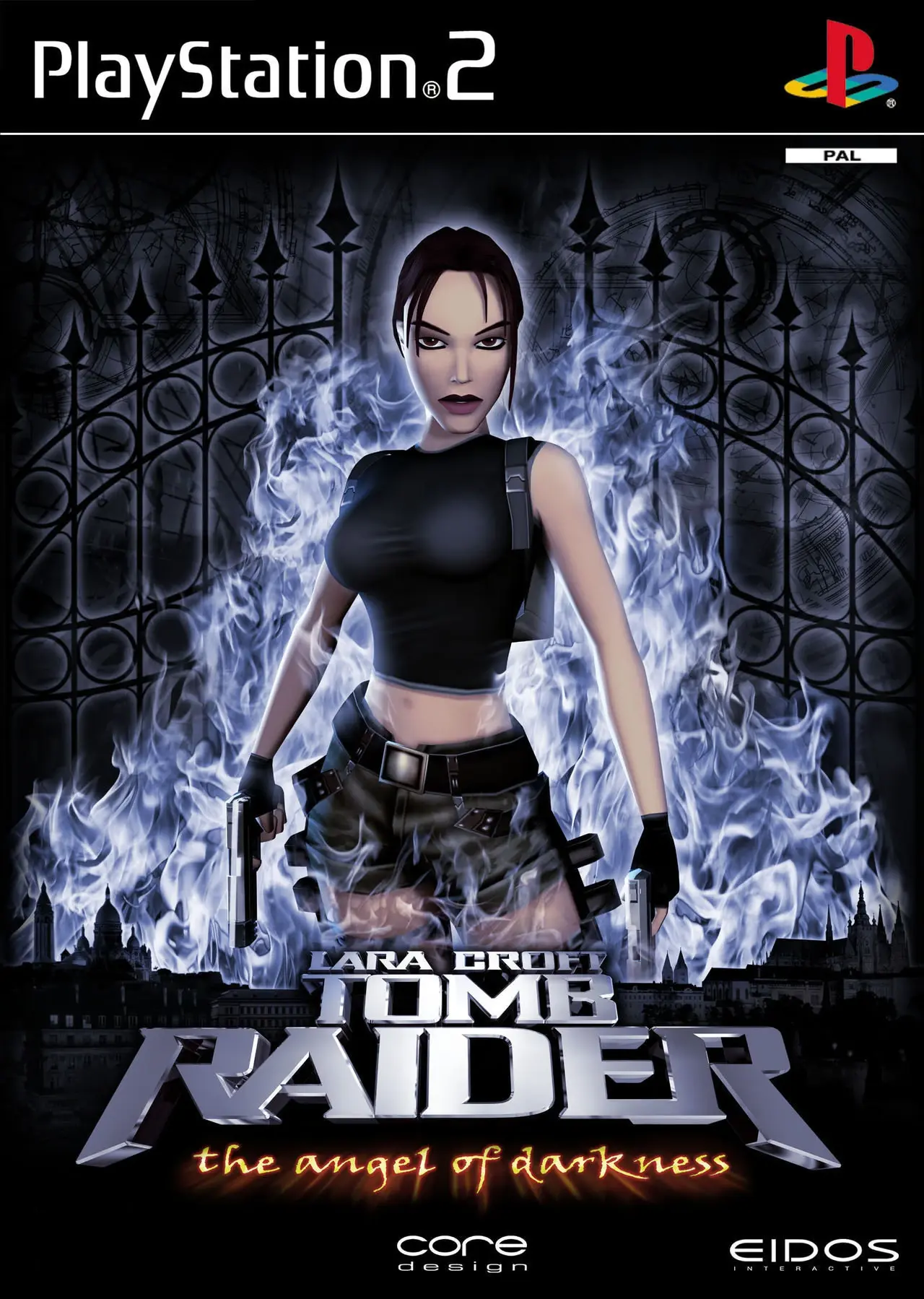this post was submitted on 05 Jan 2024
24 points (100.0% liked)
games
20040 readers
1 users here now
Tabletop, DnD, board games, and minecraft. Also Animal Crossing.
-
3rd International Volunteer Brigade (Hexbear gaming discord)
Rules
- No racism, sexism, ableism, homophobia, or transphobia. Don't care if it's ironic don't post comments or content like that here.
- Mark spoilers
- No bad mouthing sonic games here :no-copyright:
- No gamers allowed :soviet-huff:
- No squabbling or petty arguments here. Remember to disengage and respect others choice to do so when an argument gets too much
founded 4 years ago
MODERATORS
you are viewing a single comment's thread
view the rest of the comments
view the rest of the comments

A while ago I picked up an old, sci-fi themed city builder for DOS about settling a new planet with a generation ship after Earth gets hit with a meteor. The manual and strategy guide were hundreds of pages long, every technology, building and game mechanic were painstakingly modelled on real experimental technology. The lead designer was an ex-NASA scientist. It had infinite random planets with different environments based on the statistical probability of elements depending on which star you went to, there were monorails, a politics system, you could create an AI which could go rogue, you could build underground, trade or fight with splinter groups elsewhere on the planet, even launch more colony ships with a space elevator. All this stuff was described in the manual alongside the state of real research into the technologies, how feasible it would actually be to live on other planets, what we'd need. It was absolutely captivating. It was called Outpost. I installed it in a VM.
The game itself looked great for it's age but it was half finished, no monorail, no other factions, no space flight, dozens of buildings in the manual weren't in the game and to top it all off it was apparently mathematically impossible for the simulation not to death spiral. The box also contained a floppy disk with handwritten label and a patch and a printed page of patch notes starting with an apology for the state of the game and a couple of crash fixes.
Ever since then I've wanted to play the actual game they had in mind when they wrote that manual. Surviving Mars has some similarities but the scale is so much smaller.
Also Noctis V. I loved Noctis IV.
Makes me think of Dwarf Fortress. I know that Rimworld kinda-sorta is this, but I feel like there's space for games like Dwarf Fortress and traditional roguelikes with the backing and polish of a AAA team.
I had a similar feeling playing Legend of Zelda: a Link to the Past for the first time in adulthood. I had played dozens of visually and mechanically similar indie games, but I was struck by it's depth, interconnectedness, the sense of exploration and adventure and scale. AAA companies are capable of great things when they stick to principles and actually create art, instead of creating products.
And to a lesser extent, the same is true for Metroidvanias and Super Metroid.